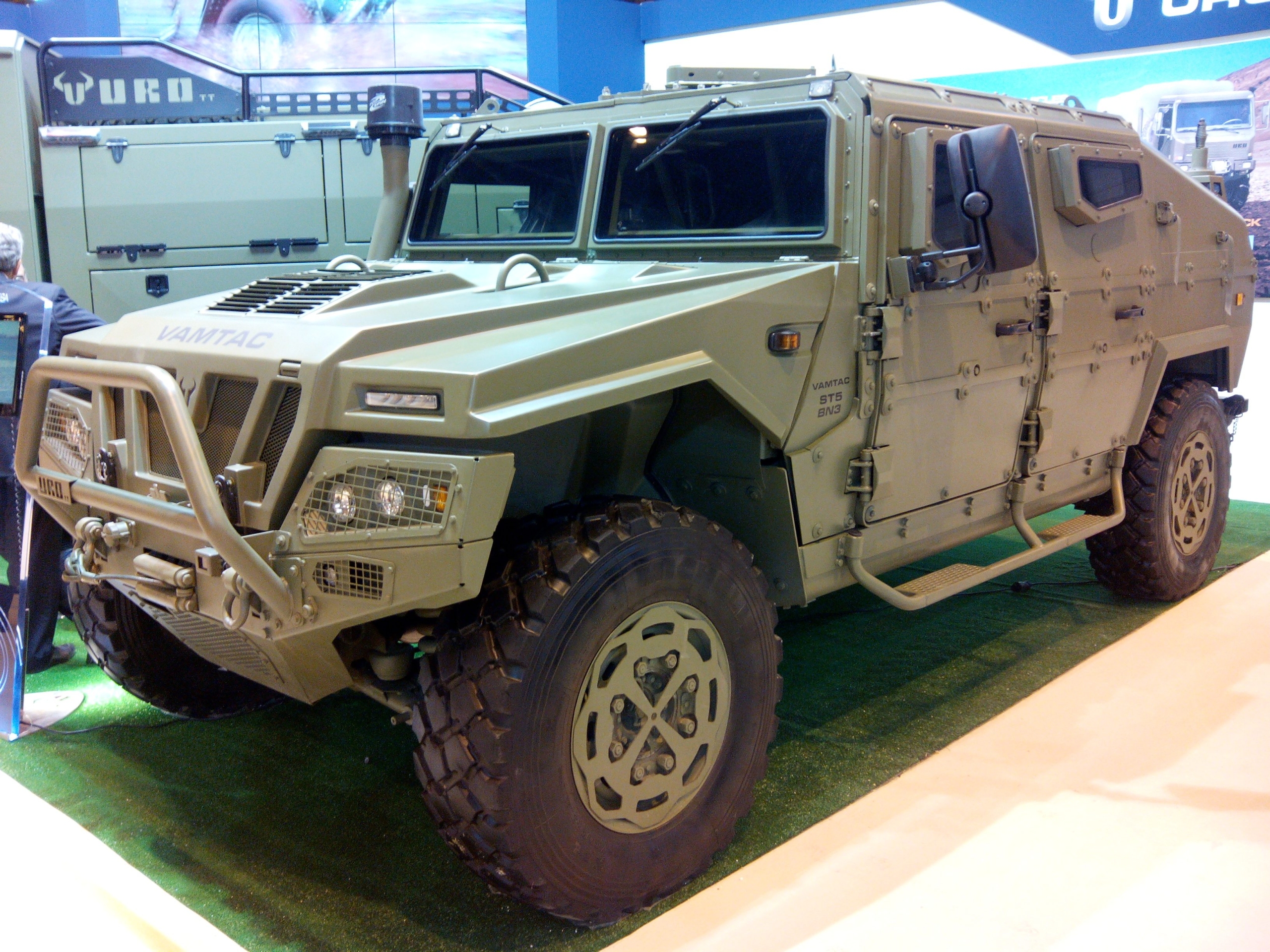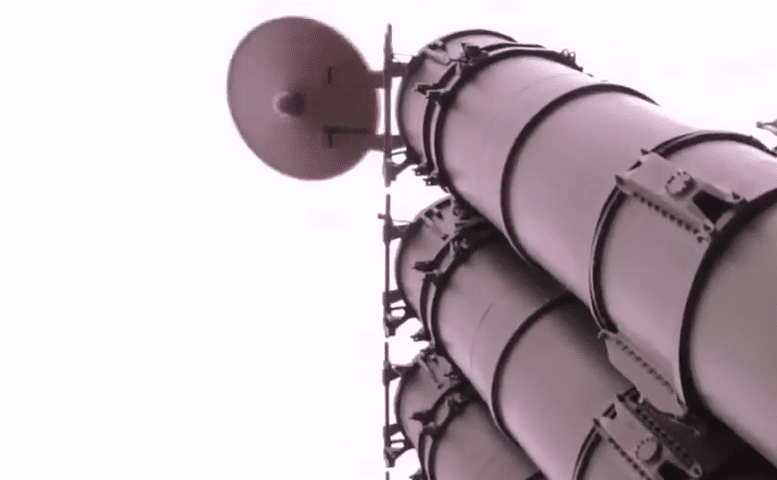21Views 3Comments

IDEAS 2016 Preview: Private manufacturer will showcase ‘High Mobility Tactical Vehicle’
In the lead-up to the International Defence Exhibition and Seminar (IDEAS), which will begin in Karachi on 22 November, Quwa will overview some of the scheduled events.
The Pakistani private auto-manufacturer Metal Engineering Works (MEW) is scheduled to showcase the VAMTAC, a ‘High Mobility Tactical Vehicle.’ The exact nature of the VAMTAC will only be confirmed next week, but it could be the Spanish UROVESA VAMTAC produced under license in Pakistan.
It being the URO VAMTAC notwithstanding, MEW offering a comparable vehicle could be indicative of the following: First, the Pakistani Ministry of Defence and/or Ministry of Interior could be requiring a highly mobile and lightly armoured vehicle. Second, Pakistan’s private sector may finally be seeing substantive engagement in terms of the country’s armament requirements.
A vehicle such as the URO VAMTAC could be utilized to take on a wide range of support roles in the armed forces. Granted, the URO VAMTAC is not a mine-resistant ambush-protected vehicle, but in terms of ferrying personnel and supplies, being a platform – for anti-tank guided missiles, low-level radars and very short-range air defence equipment – and command and control these 3 to 4-ton vehicles could be useful.
In terms of the private sector’s involvement, specifically MEW, the VAMTAC could be a pattern in future procurements. It is not known what is behind MEW’s program. For example, could it be a case of Pakistan’s Ministry of Defence or Ministry of Interior ordering many vehicles from overseas, but requiring that they are produced domestically via commercial offset? Alternatively, did MEW invest in the program itself via a partnership with the foreign vendor – i.e. an initiative without firm domestic orders.
If one combines the potential needs of the Ministry of Defence and Ministry of Interior, the prospect of a high-volume market for light armoured vehicles is strong. For example, the Pakistan Army is engaged in a counterinsurgency (COIN) campaign with no affirmative end-date, MRAPs could be a recurring need. In addition, the Ministry of Interior – the Frontier Corps, Sindh Rangers, and Frontier Constabulary – could regularly acquire a range of light armoured vehicles (such as the VAMTAC) as a general transport.
Granted, this does pit private sector actors in competition against Heavy Industries Taxila (HIT), the de facto and publicly-owned armour vehicle vendor in Pakistan. MEW’s VAMTAC and comparable offerings from other companies could put the Mohafiz et. al programs under pressure. On the other hand, directing this market to the private sector could enable HIT to narrow its focus to heavy armour applications (e.g. main battle tanks). HIT could even shift to complex tasks, such as manufacturing diesel engines to power heavy and light armoured vehicle applications, which could be marketed to the private sector.


